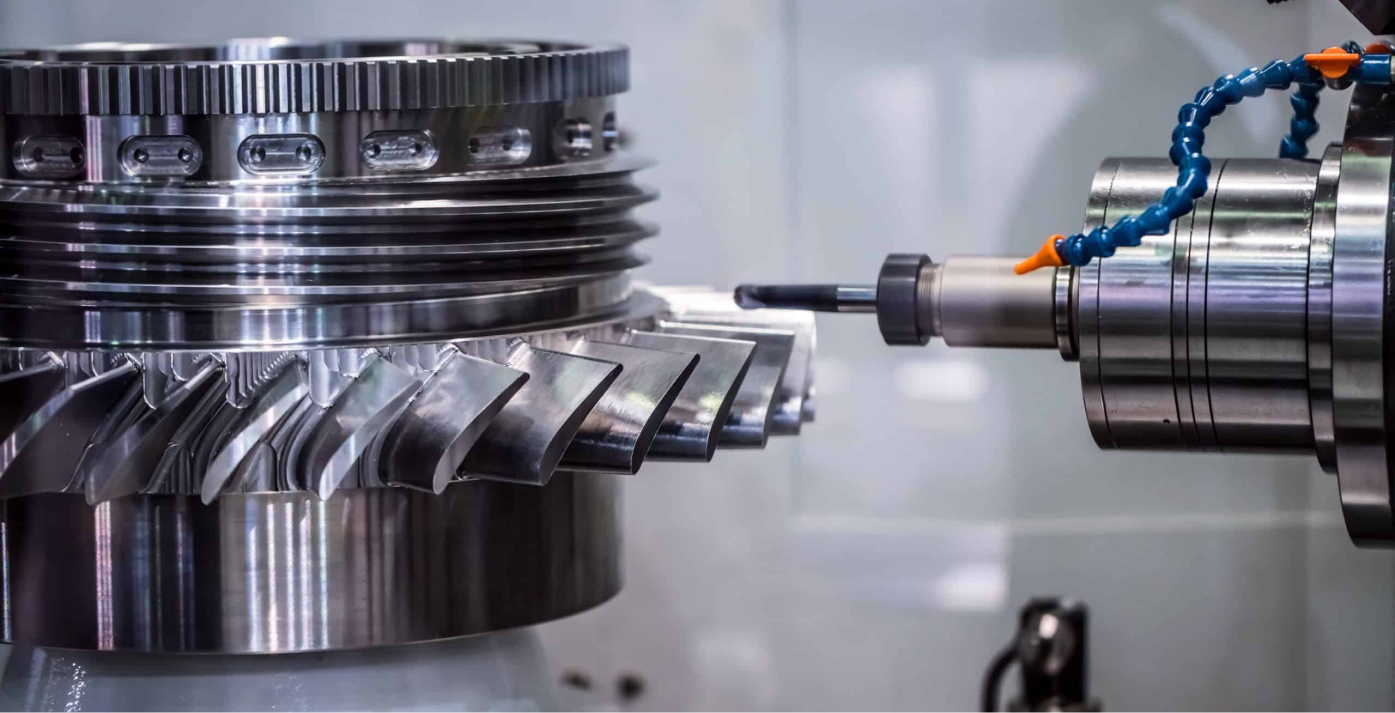The Role of CNC Machines in Modern Automotive Manufacturing

The automotive industry is known for its intricate and highly demanding manufacturing processes, where precision, durability, and cost-effectiveness are non-negotiable. Automotive CNC Machines have become an indispensable part of this landscape, allowing manufacturers to meet stringent standards and consumer demands for quality and performance. These machines use computer-controlled tools to shape, cut, and mill a variety of materials with extraordinary precision, providing a range of benefits that have greatly impacted the automotive sector. This article will delve into how CNC machines contribute to automotive manufacturing, the types of CNC machines used, their advantages, and future trends in the industry.
The Importance of CNC Machining in Automotive Production
CNC machining is a vital process in the production of automotive parts and components. The automotive industry’s need for accuracy, speed, and customization aligns perfectly with the capabilities of CNC technology. Here’s why CNC machines are so essential:
Precision Engineering for High-Quality Parts
Automobiles consist of thousands of parts that must fit together precisely to ensure performance and safety. CNC machines provide the accuracy needed to produce parts that meet exact specifications, reducing errors and inconsistencies. Whether it’s the engine components that require tight tolerances or complex bodywork parts that need detailed cuts, CNC machines can consistently deliver precise and reliable results.
Efficiency and Scalability
The high level of automation offered by CNC machines greatly enhances productivity. Unlike manual machining, CNC machines can run continuously, often 24/7, leading to significant production time savings. This allows manufacturers to scale up their production while maintaining the high quality that modern consumers expect. With CNC machining, high-volume manufacturing becomes more feasible without compromising on quality or efficiency.
Cost-Effectiveness Over Time
While the initial investment in CNC machinery can be substantial, the long-term benefits far outweigh the costs. The automation reduces the need for manual labor, which decreases the overall operational costs. Furthermore, the precision of CNC machining minimizes material waste, optimizing the use of resources and contributing to cost savings.
Key Benefits of CNC Machines in Automotive Manufacturing
1. Enhanced Quality Control
CNC machines are programmed to follow a specific set of instructions, which ensures that every part produced has consistent dimensions and quality. This level of control is vital in the automotive sector, where even minor deviations can lead to poor performance or safety issues. CNC machines help maintain high standards of quality across large production runs, making them indispensable for meeting regulatory and consumer expectations.
2. Flexibility for Complex Designs
Modern vehicles often incorporate complex and innovative designs that require specialized manufacturing techniques. CNC machines can create intricate geometries that would be difficult or impossible to achieve with traditional machining. This flexibility allows automotive manufacturers to produce unique and custom components, giving vehicles a competitive edge in terms of both functionality and aesthetics.
3. Reduced Lead Time
CNC technology speeds up the manufacturing process, from initial prototyping to full-scale production. The ability to quickly produce parts and components reduces the lead time for new vehicle models and helps manufacturers stay ahead in a fast-paced market. Faster production cycles also allow for quicker iterations and adjustments during the design phase.
4. Customization and Rapid Prototyping
As consumer preferences shift toward more personalized vehicles, customization becomes increasingly important. CNC machines are particularly effective for producing custom parts and one-off prototypes. The ability to adjust machine programs means that manufacturers can create new parts without reconfiguring an entire production line, facilitating faster prototyping and design testing.
Types of CNC Machines in the Automotive Industry
Several types of CNC machines are commonly used in automotive manufacturing, each suited to different applications:
1. CNC Milling Machines
CNC milling machines are versatile and can perform a range of cutting, drilling, and shaping tasks. In the automotive industry, they are used for manufacturing engine parts, transmission components, and structural chassis parts. These machines can operate in 3, 4, or 5 axes, with 5-axis machines offering the highest flexibility for creating complex parts with multiple angles and surfaces.
2. CNC Lathes
CNC lathes are used to create cylindrical parts, such as pistons, shafts, and wheel hubs. The machine rotates the workpiece while a cutting tool moves in a linear path, shaping the material into the desired form. CNC lathes are known for their precision and are commonly used to produce parts that require a high level of roundness and smooth surfaces.
3. CNC Wire EDM (Electrical Discharge Machining)
Wire EDM is a technique used for cutting conductive materials with high precision. A thin wire acts as the electrode and creates an electrical discharge that erodes the material. This method is ideal for making complex, intricate parts, such as molds and dies, which are essential in the production of automotive components.
4. CNC Routers
CNC routers are commonly used for cutting and shaping non-metallic materials such as plastics, composite materials, and wood. In the automotive sector, they are used for creating parts that require lightweight and strong materials, such as carbon fiber panels and interior trim pieces.
5. CNC Grinding Machines
CNC grinding machines are used to achieve precise surface finishes and tight tolerances on parts. They are essential for producing components like camshafts and crankshafts, where a smooth, polished finish is required for proper operation. The grinding process helps ensure that parts are dimensionally accurate and free of defects.
Future Trends in Automotive CNC Machining
The future of CNC machining in the automotive industry is closely linked to technological advancements. Here’s what to expect:
Integration of Robotics and AI
The use of robotics and artificial intelligence (AI) in CNC machining will enhance the capabilities of automated production lines. AI-powered CNC machines can use real-time data to adjust operations, improving efficiency and reducing the likelihood of defects. Robotics can assist in handling complex machining tasks and support collaboration between machines and human operators.
3D Printing and Additive Manufacturing
The rise of additive manufacturing or 3D printing complements traditional CNC machining. These technologies allow for the rapid creation of prototypes and complex geometries that might be difficult or time-consuming to achieve with conventional methods. Combined with CNC machining, 3D printing can lead to more innovative and lightweight parts that contribute to better fuel efficiency and overall vehicle performance.
Smart Manufacturing and IoT Integration
The use of Internet of Things (IoT) technology in CNC machining is revolutionizing the automotive industry by enabling machines to communicate with each other and with centralized monitoring systems. This connectivity allows for predictive maintenance, real-time performance tracking, and streamlined production processes.
Conclusion: The Continued Importance of CNC Machines in Automotive Manufacturing
CNC machines have become an essential part of the automotive industry, enabling manufacturers to produce high-quality, precise parts that meet demanding specifications. With their ability to operate efficiently, reduce costs, and facilitate complex designs, CNC machines play a crucial role in the industry’s success. As technology continues to evolve, the integration of robotics, AI, and additive manufacturing will further enhance the capabilities of CNC machines, making them even more integral to the future of automotive production. The road ahead for automotive CNC machining is promising, with innovation and advancements set to propel the industry toward new heights of efficiency and creativity.






